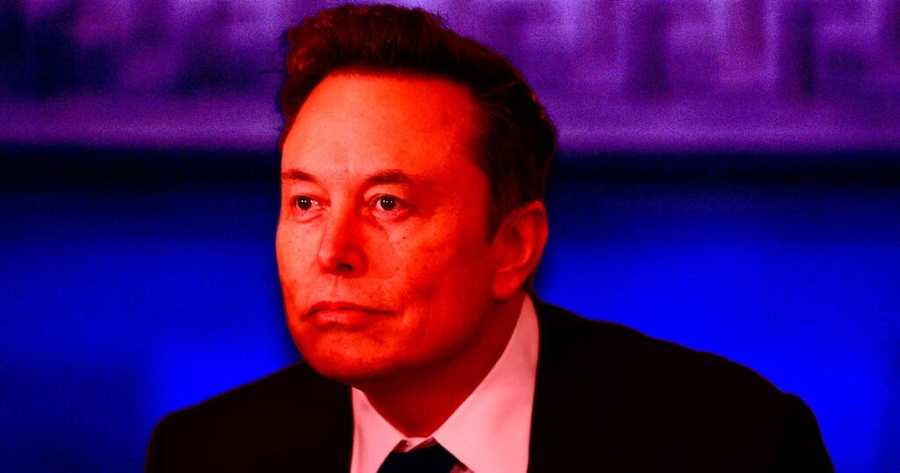Elon Musk’s Bid for OpenAI: A Turning Point in AI Development
Last week, billionaire entrepreneur Elon Musk made headlines with a massive bid of $97.4 billion to acquire the nonprofit organization that oversees OpenAI, the creators of ChatGPT. Musk, who co-founded OpenAI in 2015 alongside current CEO Sam Altman, left the organization in 2019 due to frustrations over its direction.
Musk’s Vision for OpenAI
Since his departure, Musk has been vocal about his belief that OpenAI should return to its original mission: being an open-source, safety-focused organization. He expressed these sentiments in a recent statement to the Wall Street Journal, suggesting that OpenAI has strayed from its values.
OpenAI’s Response to Musk’s Offer
Despite Musk’s grand offer, the board of OpenAI has rejected his bid. This rejection signals a clear stance from OpenAI that it intends to maintain its independence, which raises questions about Musk’s own contradictory practices in the AI space.
Criticism of Open Source Practices
Musk has continuously criticized OpenAI and its leadership for not releasing their AI models as open-source. Ironically, his own AI startup, xAI, hasn’t fully embraced open-source practices either. According to ZDNet, xAI only open-sourced its first AI model, Grok 1, in March, months after it was originally launched. Furthermore, other models created by xAI, including Grok 3—released just this week—are still closed source. This contradiction puts Musk’s position under scrutiny.
Legal Challenges Against OpenAI
In 2024, Musk filed four separate legal complaints against OpenAI, accusing it of abandoning its original goals of openness and safety. He argues that OpenAI has effectively become a "closed-source de facto subsidiary" of Microsoft, ignoring its earlier commitment to developing technology for the benefit of humanity.
The Changing Definition of Open Source
The concept of "open source" has evolved significantly in recent years. Traditionally, it pertained to making a program’s source code publicly available. However, in the AI realm, companies are now sharing "weights" of their models, which are the parameters that determine how a neural network functions. This shift has sparked considerable debate, especially in light of recent advancements in AI from companies like DeepSeek, a Chinese startup that demonstrated its R1 model’s efficiency at a fraction of the cost of established Western firms.
The Current State of xAI
While there is a growing trend toward open-source AI, a majority of xAI’s models remain “black boxes,” similar to those offered by OpenAI. This means that much of xAI’s technology is not transparent, contradicting Musk’s claims about OpenAI’s lack of openness. Essentially, xAI is resembling the very entity Musk has criticized in his lawsuits against OpenAI.
A Hypocritical Stance?
Musk’s closed-source approach with xAI raises questions about whether he is keeping pace with the evolving landscape of AI technology. This situation presents a clear example of how Musk is not holding himself to the same standards that he demands from others.
Conclusion
In summary, Elon Musk’s recent blockbuster bid for OpenAI and his criticisms of the organization reveal a complex and sometimes contradictory narrative. As Musk pushes for a return to open-source principles, his own company’s practices suggest a different reality. The rapidly changing definitions and practices surrounding AI need careful attention as the industry continues to expand and evolve. Whether Musk will adapt to the ongoing transformation or remain locked into a traditional model remains uncertain.
More on xAI:
Recent news has also indicated that Musk’s xAI has dismissed an engineer for discussing details about its upcoming AI model, signaling a highly secretive culture within the company. As the landscape of artificial intelligence develops, it will be interesting to see how both OpenAI and xAI navigate their futures.
